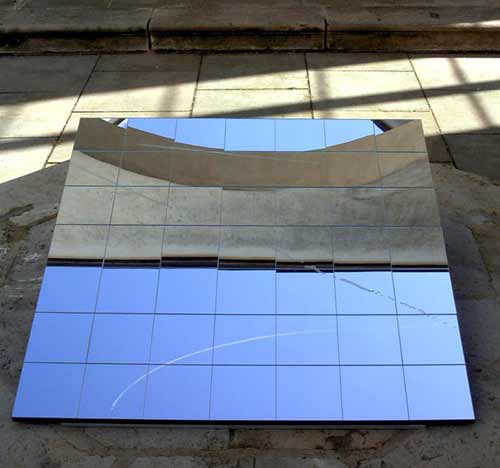
Barbara Guest's book, Forces of Imagination
is a series of talks, essays and poems pulled together by Kelsey St. Press. It has been a treat to read this book partly because of the various writers and thinkers she draws upon for insight. So I'll keep compiling underlinings from this book for a while yet.
Not the thing, but the effect it produces.
The poem is the unburdening of ghosts of the past who have come to haunt the writer...These are ghosts not words; they are the ephemera that surround and decorate the mind of the poet, a halo rescued from life.
Mandelstam heard the inner sound "spilling into his fingers."
Imagination is the spirit inside the poem, a nostalgia for the infinite, louder than silk.
Stevens wrote in a poem:
Poetry is a finikin thing of air/That lives uncertainly and not for long/Yet radiantly beyond much lustier blurs.
Details can distract, according to Delacroix. Tending to them:
the artist whose sole urgency is his subject matter neglects the depth rendered by Imagination.
Words without vision are deprived of stability. They cling desparately to a mirrored surface in an effort to attach themselves to a surface because they have no direction and no stabilized vocation.
Words contain their own beauty of face, but they desire an occupation. They cannot exist on beauty or necessity alone. They need dimension. They desire finally an elevation in space. The poet of vision understands the auditory and emotional needs of the words and frees them so that the word becomes both an elemental and physical being, and continuous in movement.

